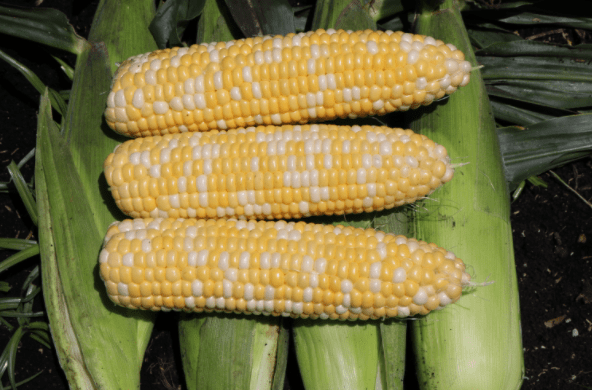Through research centers, the Mexican government is promoting substitution or integrated management alternatives for the elimination in the first instance of glyphosate as a highly hazardous pesticide.
In general, according to the federal government, Mexico is in the process of a paradigm shift in the agrifood system.
In this sense, the government maintains that it is not only looking for a substitution of pesticide products, but the integral management of the countryside, considering good sustainable agricultural practices, the biocultural richness of the peasant communities and sustainability.
To this end, several participatory workshops, congresses, meetings and forums have been held.
In addition, the Secretariat of Agriculture and Rural Development (Sader) has initiated work to design and build a new public policy instrument related to the circular bioeconomy-agriculture with the different actors involved in the value networks of the agri-food sector.
This policy also aims to contribute to the transformation of agri-food systems based on the adoption of technologies derived from life sciences innovation, to promote investment in the creation of added value and the generation of employment in the rural sector through the generation of by-products and the use of waste or raw materials that have not been used until now, and thus produce food and other bio-based goods and services demanded by society in a sustainable and inclusive manner.
Glyphosate
According to the federal government, in Mexico, technical support and training seminars are held for producers with the support of academic and research institutions, which bring research and technological innovations to producers in a practical way, in order to promote integral growth based on sustainable management and thus contribute to improving the application of the technological package of the crops that are supported in order to have higher yields per hectare.
In the promotion of livestock research, innovation and technological development, we encouraged the acquisition of assets through advisory services for producers and groups of producers that contribute to substantive technological change in livestock activity and to better mechanisms for evaluating, promoting and using the genetic resources of the different livestock species and breeds, within the framework of livestock sustainability.
In parallel, through the National Institute of Forestry, Agriculture and Livestock Research (INIFAP), it contributes mainly to the objectives of «achieving food self-sufficiency through increased production and productivity in agriculture, livestock and aquaculture-fisheries» and to the objective of «increasing sustainable production practices in the agriculture, livestock and aquaculture-fisheries sector in the face of agro-climatic risks».
The 2020-2024 Institutional Program of the National Commission for Arid Zones (CONAZA) has as its priorities to increase small and medium-scale agricultural and aquaculture production and productivity, and to increase sustainable production practices in arid, semi-arid and desertification zones.
![]()

